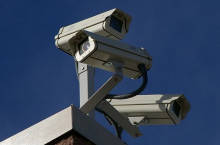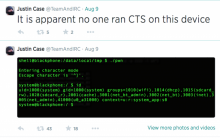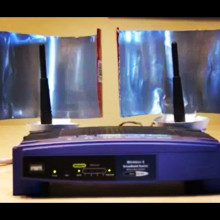Ferguson: Another case for public security cameras
Much of what passes for privacy concern strikes me as overwrought reaction to minor problems, and completely dismissive of the other side of the story. There's no better example than public security cameras and police-officer body-mounted cameras.













































































